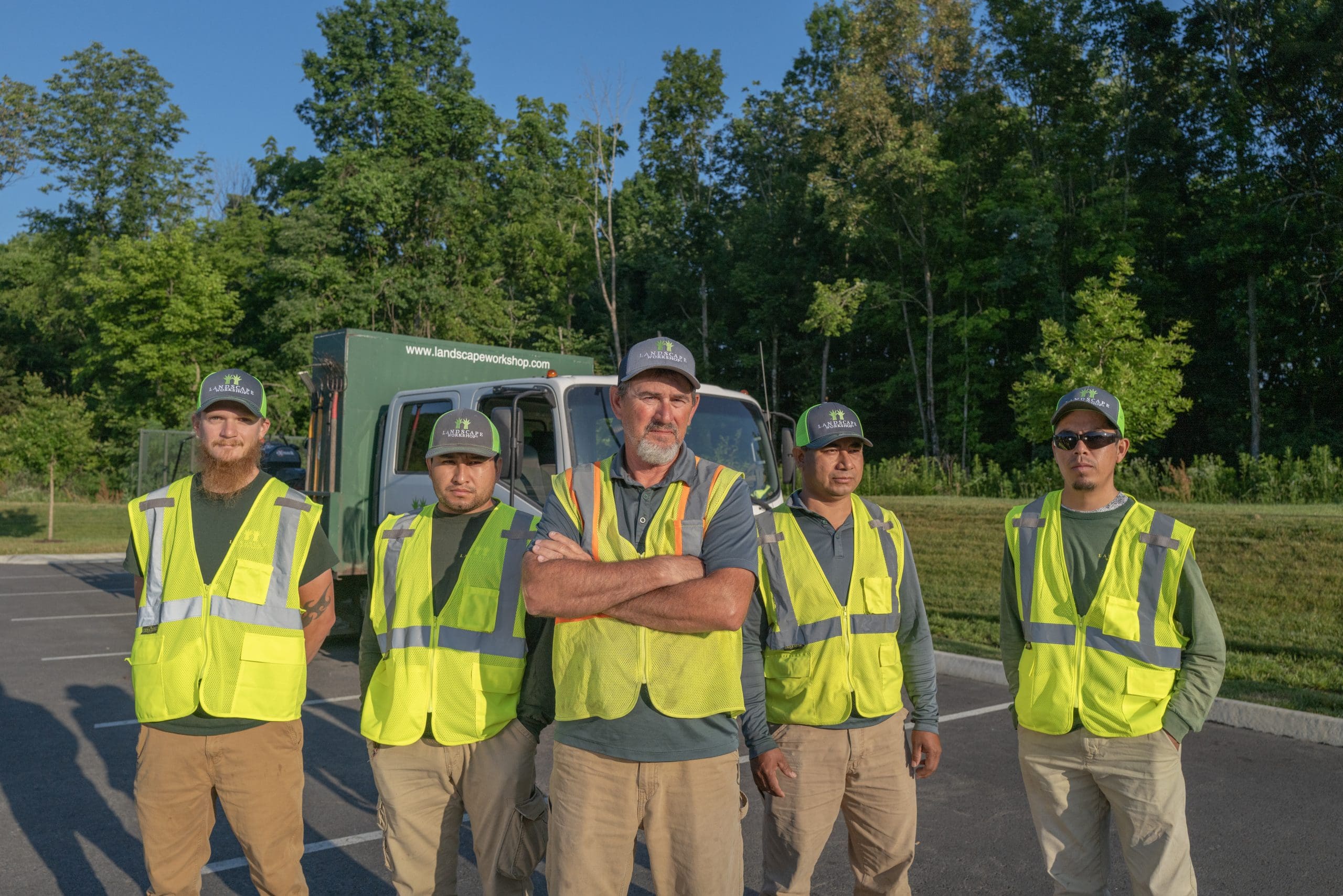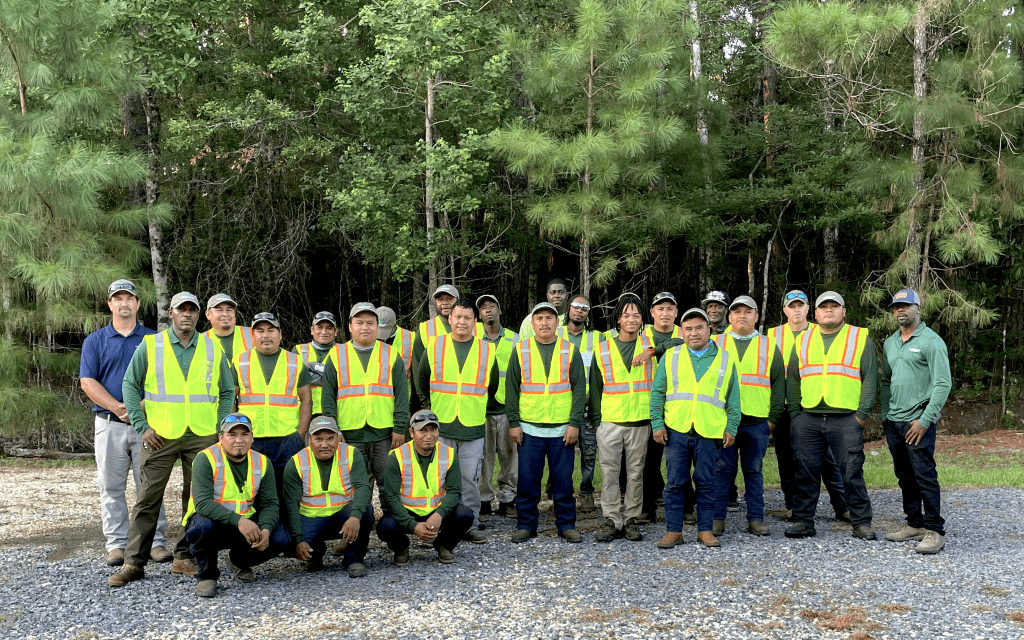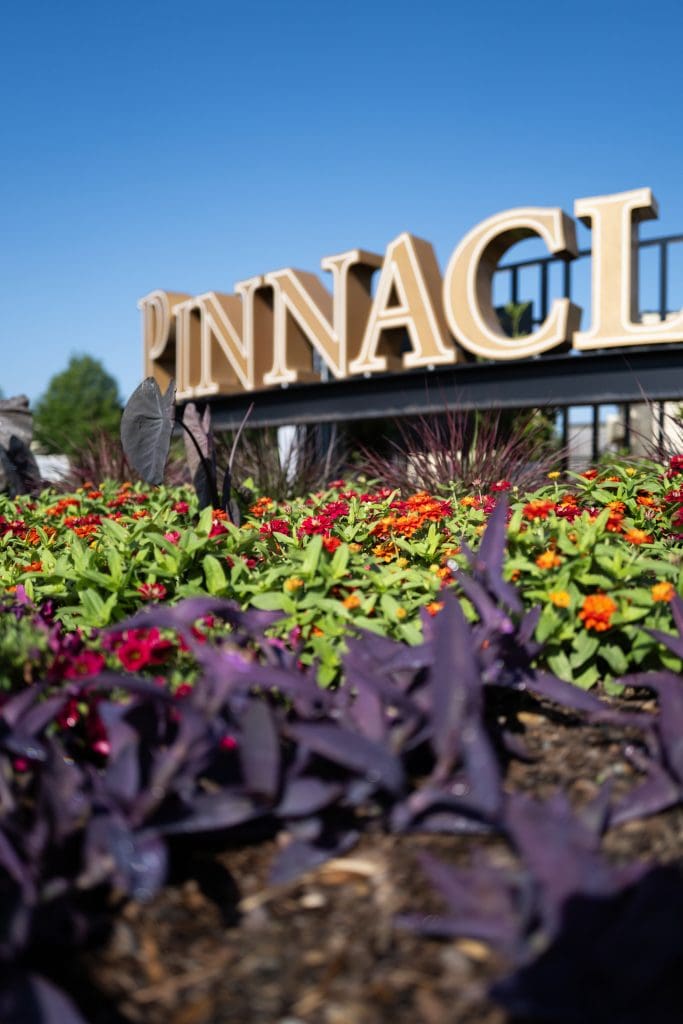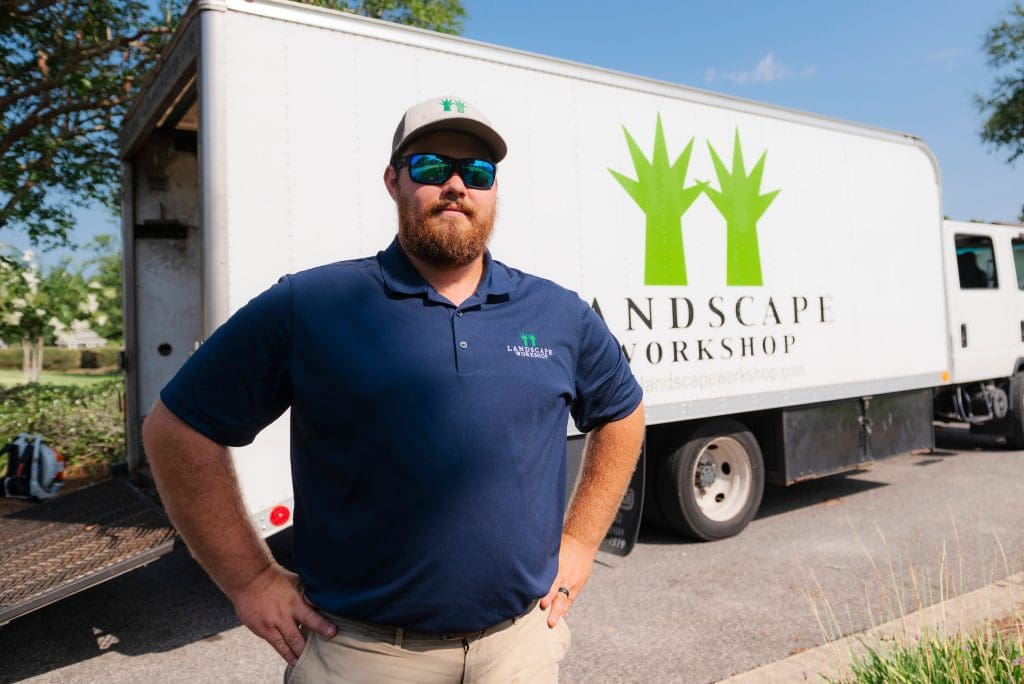
If you keep an eye on industry news, chances are you’ve read a press release about one of Landscape Workshop’s recent acquisitions.
Based in Birmingham, Alabama, Landscape Workshop is one of the larger commercial landscaping companies in the U.S. They have also doubled their size in the past five years through organic and acquisitive growth. In 2022, their annual revenue was $75 million.
Landscape Workshop provides a comprehensive line of services, including landscape maintenance, irrigation services, seasonal color programs, landscape enhancements and installation and facility services.
The company has been around since 1984, but it wasn’t until 2011 that they made their first acquisition. They accelerated their M&A activity in 2015 and then again in 2020 when private equity firm Carousel Capital invested in the business.
“By 2015, we felt like we’d proven we could do successful acquisitions and had grown enough to have the financial firepower to do more deals,” says J.T. Price, CEO of Landscape Workshop. “Carousel Capital’s investment in 2020 allowed us to accelerate a second time, to our current level of activity.”
Price says they have decided to grow through acquisitions for two main reasons.
“First, we need high levels of growth to provide opportunities for our high performers and retain them,” Price says. “Second, it’s becoming clear that scale is going to be necessary to do the best work and serve the best customers, and the fastest way to get to scale is through acquisitions.”
Ideal Acquisitions
Currently, Landscape Workshop is spread throughout the Southeast with locations in Alabama, Florida, Tennessee, Georgia, Kentucky, Louisiana and South Carolina. Price says they are always looking for companies in the states they are already in and the next states over.

“For example, now that we are in Louisiana, we are looking in Texas and Oklahoma, and now that we are in South Carolina, we are looking in North Carolina,” Price says. “For now, we are focused on the ‘Southeastern Conference’ states, but I think someday we will expand outside of that region.”
The main criteria for Landscape Workshop’s acquisitions are companies focused on commercial maintenance and enhancements.
“We won’t consider any acquisition that isn’t over 50% commercial maintenance, and we prefer over 75%,” Price says. “We also are looking for a strong team that will buy into what we are building at Landscape Workshop. We’d rather pay more for a strong company than less for a ‘fixer-upper.’”
They also look for landscape companies with at least $1 million + in recurring maintenance revenue, but they will consider smaller books of business in existing markets. Landscape Workshop will only consider companies that are owned and operated, not franchises.
Price leads the company’s M&A efforts. He estimates 40% of his time is spent on this. They also have two full-time members on their deal team.
While some of the ways they identify potential acquisitions are confidential, Landscape Workshop asks their team members which competitors they admire most. Price says those companies are at the top of their list.
Landscape Workshop has also developed a reputation of doing what they say, so brokers, investment bankers and potential sellers reach out regularly.
Partnering with Private Equity
In 2020, Carousel Capital partnered with Landscape Workshop. They are minimally involved with Landscape Workshop’s business.

“We picked Carousel as a partner because I knew that they would provide financial backing and thought partnership but also give us the space to run our business and make the decisions we need to make to build a great business with a great culture,” Price says.
Landscape Workshop completed six acquisitions in 2022 and is on track to do the same number in 2023. Price expects the number to continue to accelerate in future years.
“Before Carousel invested, we were doing 1-2 deals a year,” he says. “Now, we have the team and the financial backing to do 6-10 per year.”
Despite the talk of a recession or possible slowdown in the economy, Price says they will keep going with their rate of acquisitions.
“We’ve been conservative in our use of debt and the commercial maintenance side of the business where we focus is generally fairly recession-proof,” Price says. “As long as we can find high-quality companies to acquire where we have a cultural fit, we will be aggressive in doing deals.”
Successful Integration
Price says it is rare for them to lose customers or employees specifically because of an acquisition. Landscape Workshop has a six-member team that supports newly acquired companies and handles the training and development of the existing team when they aren’t deployed on a new acquisition.
“We also are very intentional about communicating with customers and team members so the period of uncertainty around an acquisition is as short as possible,” Price says. “I think we have a reputation in the states we operate in as a great place to work, and that helps a lot.”
One of the benefits Landscape Workshop can offer to their high-performing employees is the opportunity to relocate. Price says this has helped with retention on occasion and has become more relevant as they continue to have more offices and options.

“If there is an open role in any location, we encourage high performers at all of our locations to apply,” Price says.
With most of their acquisitions, the former owners stay with Landscape Workshop as a general manager. Price says they prefer this setup.
“If an owner is ready to retire, we can support that also, so long as they make sure we understand the nuances of their business before they completely retire,” Price says.
They typically have an ‘earnout’ based on customer retention that aligns Landscape Workshop’s interest with the seller’s. The seller can have a rapid exit, a part-time ‘ambassador’ role or a full-time position, depending on what they’re looking for.
All of the companies Landscape Workshop acquires become fully integrated and rebranded. Price says they chose this style of M&A versus the ‘house of brands’ strategy that some other organizations in the industry have adopted because he is an operator at heart. He is focused on building a great company with a great culture.
“I think it’s hard to be one company with one culture when you have a bunch of different brands,” Price says. “And if we don’t have one culture, I can’t guarantee customers who trust us in different cities a consistent experience, and I can’t create opportunities for team members to move geographically while knowing they are all part of the same LW culture. We’re building LW for the long term, not for the short term, and I really see the ‘house of brands’ strategy as a short-term strategy that’s mostly focused on the next transaction.”
Throughout their years of acquisitions, Price says they’ve learned to stay focused on what they’re good at and to partner with like-minded people.
“It’s really critical to do deals that make sense for what you are trying to achieve, and not just do deals to do deals,” Price says. “We want to be a great commercial landscape company that provides a very high level of service, and we’re not going to do deals that aren’t consistent with that.”
This article was published in the January/February issue of the magazine. To read more stories from The Edge magazine, click here to subscribe to the digital edition.



